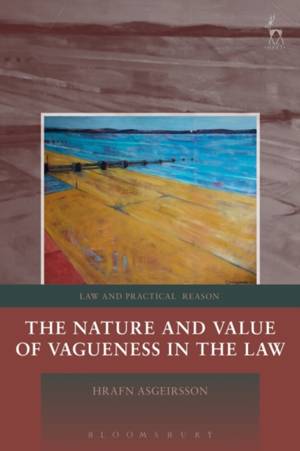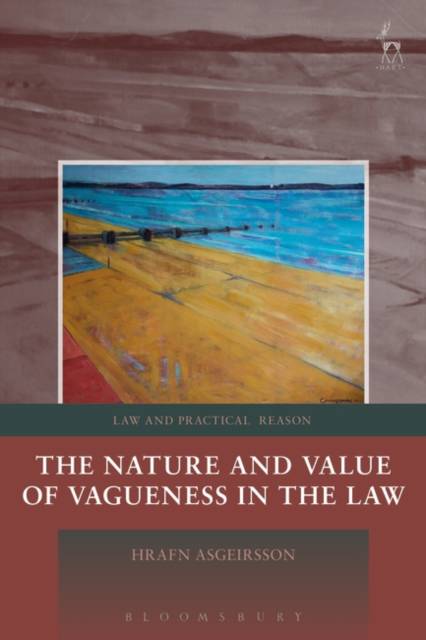
- Afhalen na 1 uur in een winkel met voorraad
- Gratis thuislevering in België vanaf € 30
- Ruim aanbod met 7 miljoen producten
- Afhalen na 1 uur in een winkel met voorraad
- Gratis thuislevering in België vanaf € 30
- Ruim aanbod met 7 miljoen producten
Zoeken
Omschrijving
Lawmaking is - paradigmatically - a type of speech act: people make law by saying things. It is natural to think, therefore, that the content of the law is determined by what lawmakers communicate. However, what they communicate is sometimes vague and, even when it is clear, the content itself is sometimes vague.
This monograph examines the nature and consequences of these two linguistic sources of indeterminacy in the law. The aim is to give plausible answers to three related questions: In virtue of what is the law vague? What might be good about vague law? How should courts resolve cases of vagueness? It argues that vagueness in the law is sometimes a good thing, although its value should not be overestimated. It also proposes a strategy for resolving borderline cases, arguing that textualism and intentionalism - two leading theories of legal interpretation - often complement rather than compete with each other.Specificaties
Betrokkenen
- Auteur(s):
- Uitgeverij:
Inhoud
- Aantal bladzijden:
- 216
- Taal:
- Engels
- Reeks:
Eigenschappen
- Productcode (EAN):
- 9781849466066
- Verschijningsdatum:
- 16/04/2020
- Uitvoering:
- Hardcover
- Formaat:
- Genaaid
- Afmetingen:
- 156 mm x 234 mm
- Gewicht:
- 476 g

Alleen bij Standaard Boekhandel
+ 407 punten op je klantenkaart van Standaard Boekhandel
Beoordelingen
We publiceren alleen reviews die voldoen aan de voorwaarden voor reviews. Bekijk onze voorwaarden voor reviews.








